The Ph.D. program in Immunology and Microbiology is based on the need to generate new knowledge that contributes to advance in the search for answers to understand the complex problems of the biology of virus infection.
This program is offered in partnership between Universidad San Sebastián and Fundación Ciencia y Vida.
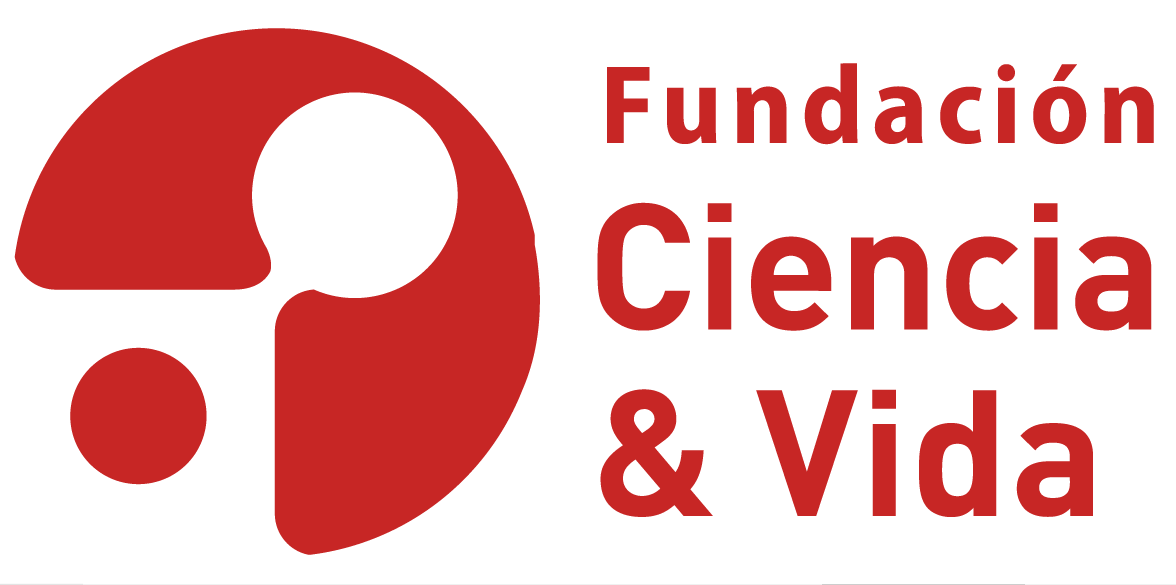
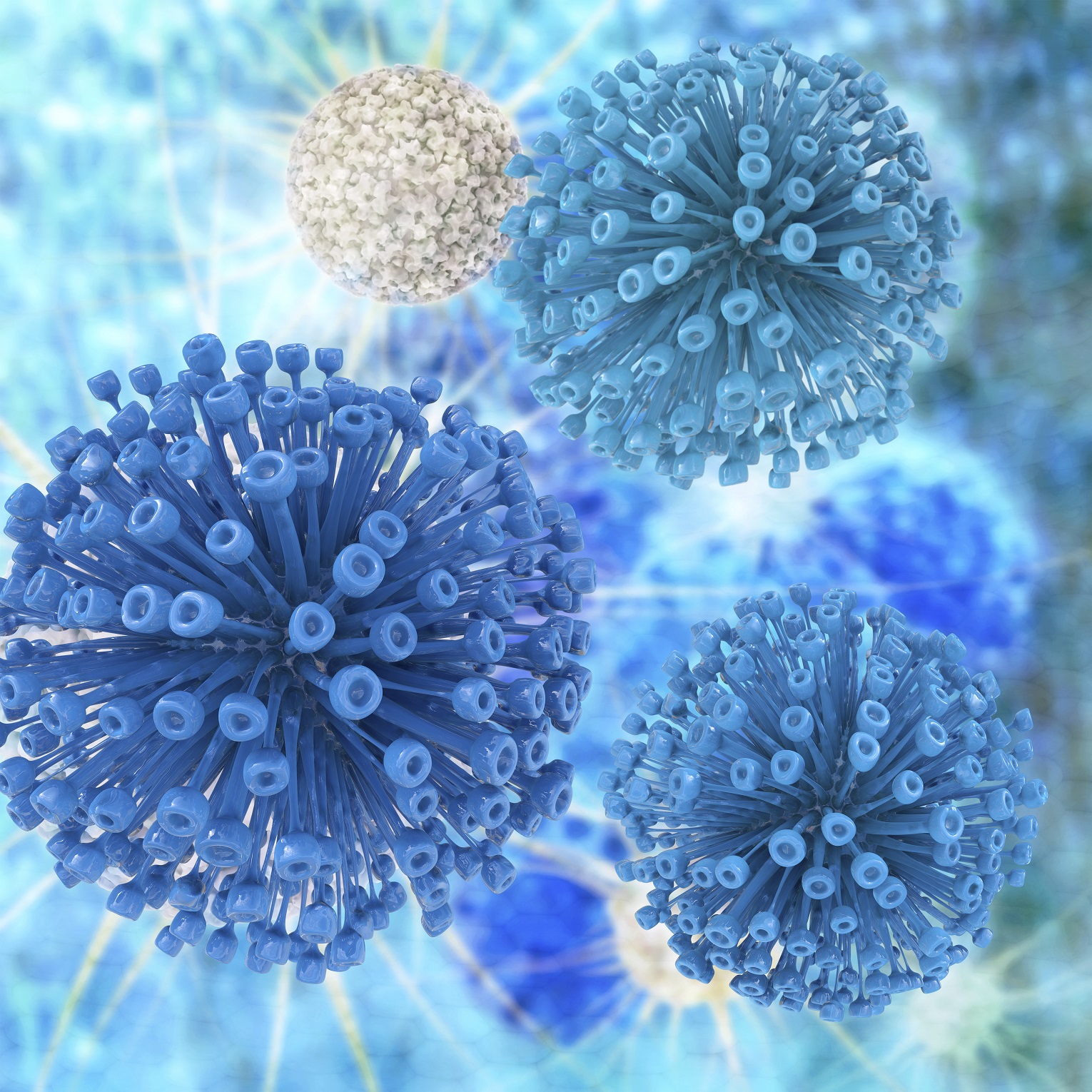
PhD/Doctor in Immunology and Microbiology
Coming soon
8 semesters
March 2024
Presential
The Ph.D. program in Immunology and Microbiology is based on the need to generate new knowledge that contributes to advance in the search for answers to understand the complex problems of the biology of virus infection with emphasis on their entry into cells; the factors that lead to pathogenesis induced by human viruses and the development of therapeutic and preventive antiviral strategies; the interrelationships between neuroimmunology and neurophysiology, including the role of the microbiota in the intestine-brain axis, in the regulation of immune function; and the process of immune regulation focusing on the processes that allow homeostasis or loss of regulation leading to autoimmune pathologies or tumor development, in other areas of relevance and impact for today and the future.
The Program places special emphasis on interdisciplinarity and application to human health problems and offers the possibility of interacting and carrying out their theses in the research laboratories of the Fundación Ciencia y Vida or one of the biotechnology companies located on our Campus.
During their time in the Program, students will acquire skills that will enable them to think critically, identify important questions both in the most basic aspects of the disciplines and in their medical and environmental applications, read scientific literature critically, communicate and present their own findings and ideas effectively, and enter academia, as well as the private and public sectors.
The PhD Program in Immunology and Microbiology aims to train independent researchers of the highest level with a deep knowledge of the cellular and molecular basis of immunology and microbiology and other related areas, and who have the ability to conduct cutting-edge and innovative research, providing the generation of new knowledge.
The graduate of the PhD in Immunology and Microbiology at Universidad San Sabastian, is a researcher who:
Our Academic Faculty members have a track record of excellence in research at national and international level, active participation in basic and applied research projects and extensive experience in the training of advanced human capital.
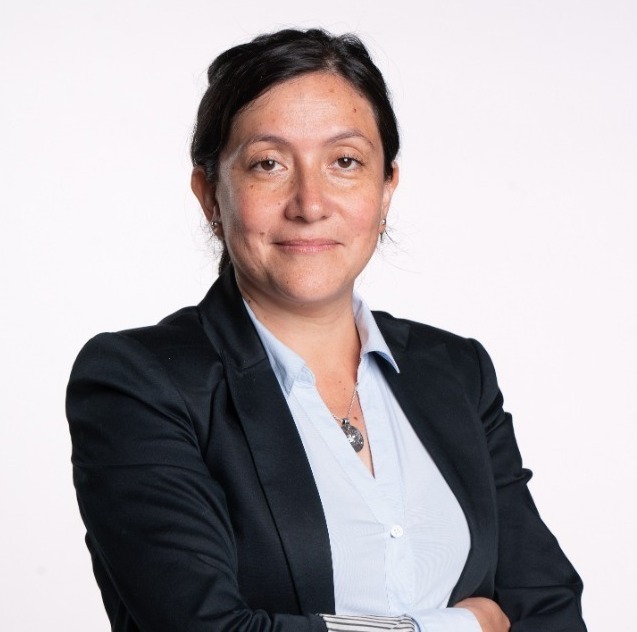
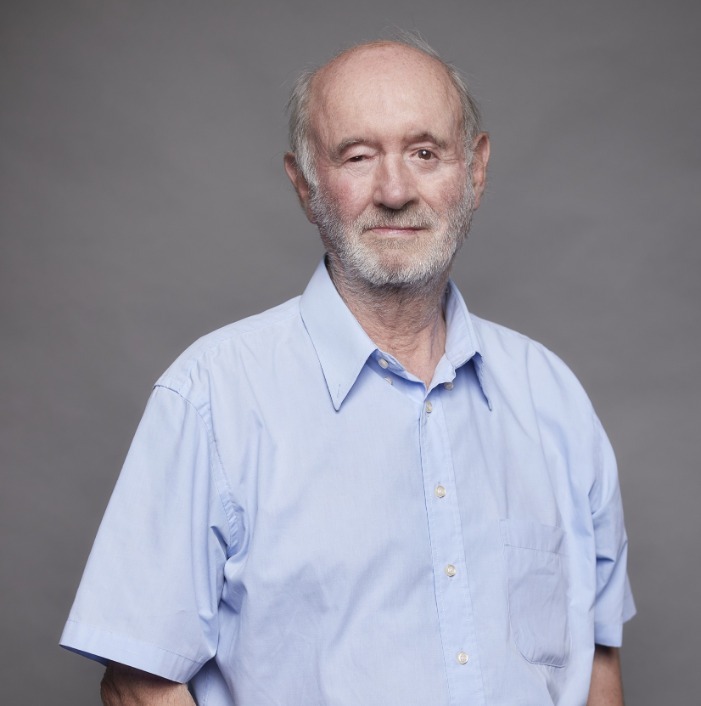
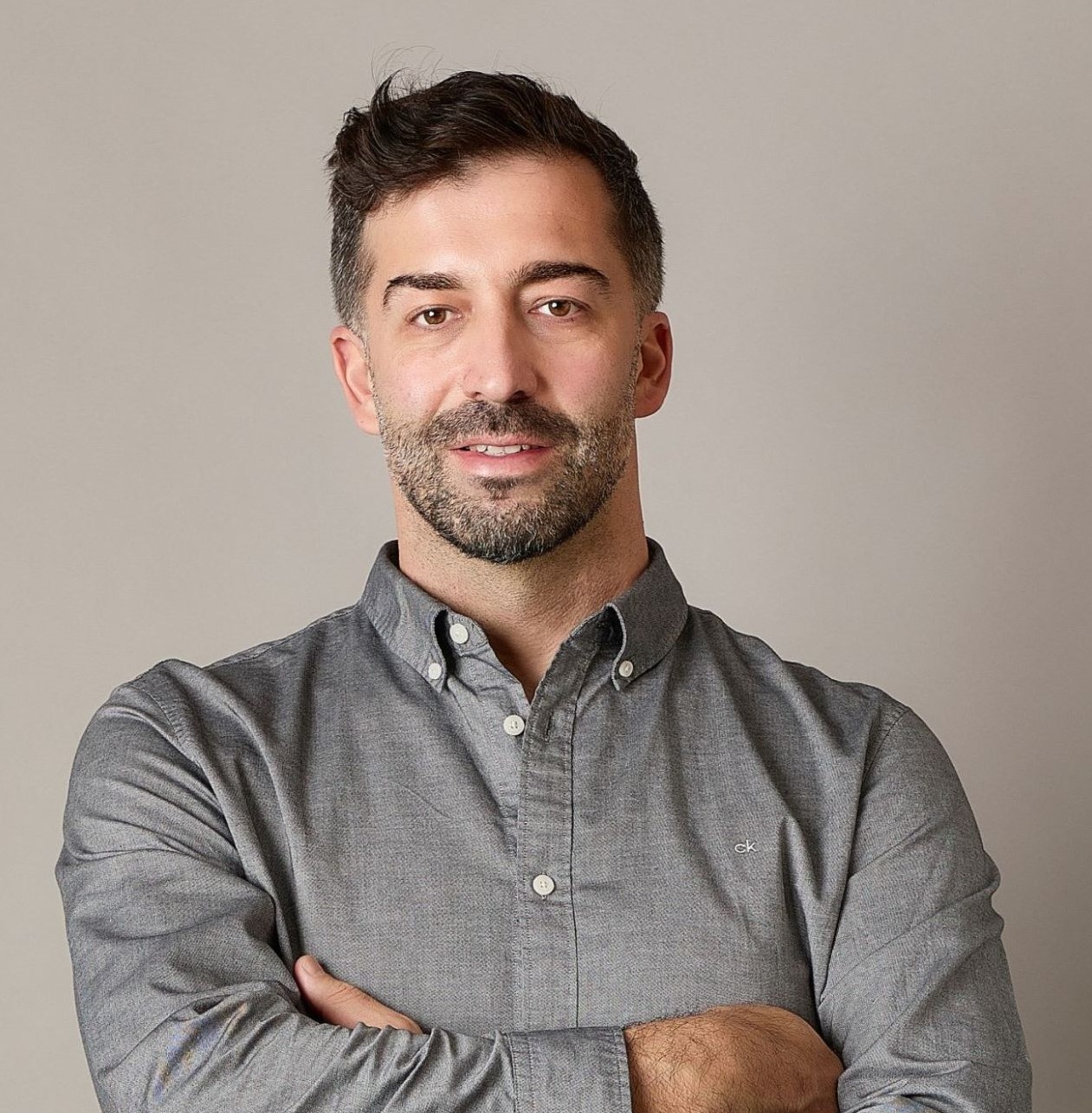
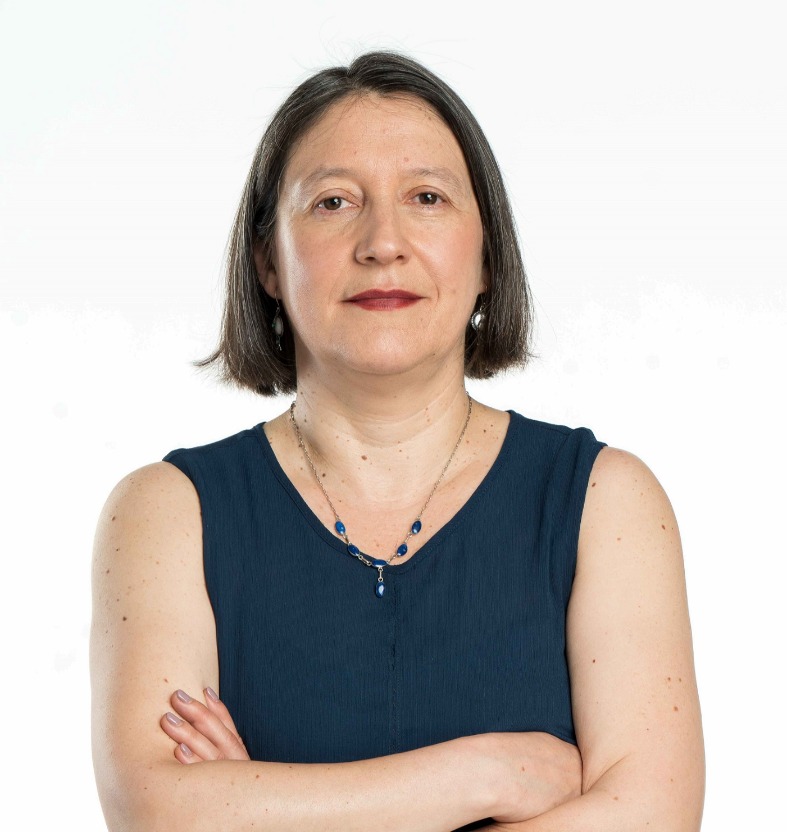
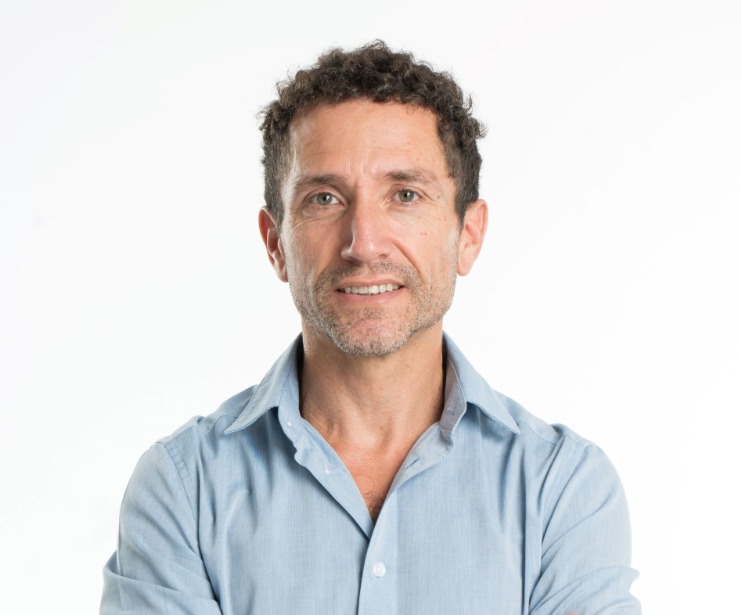
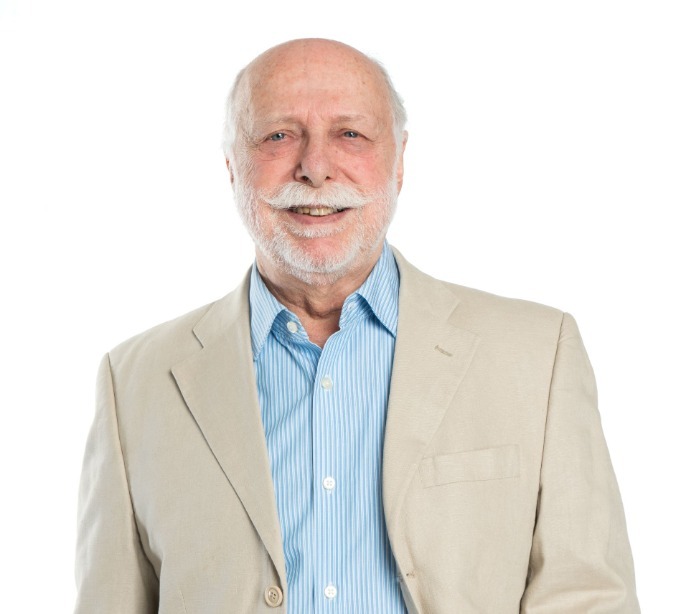
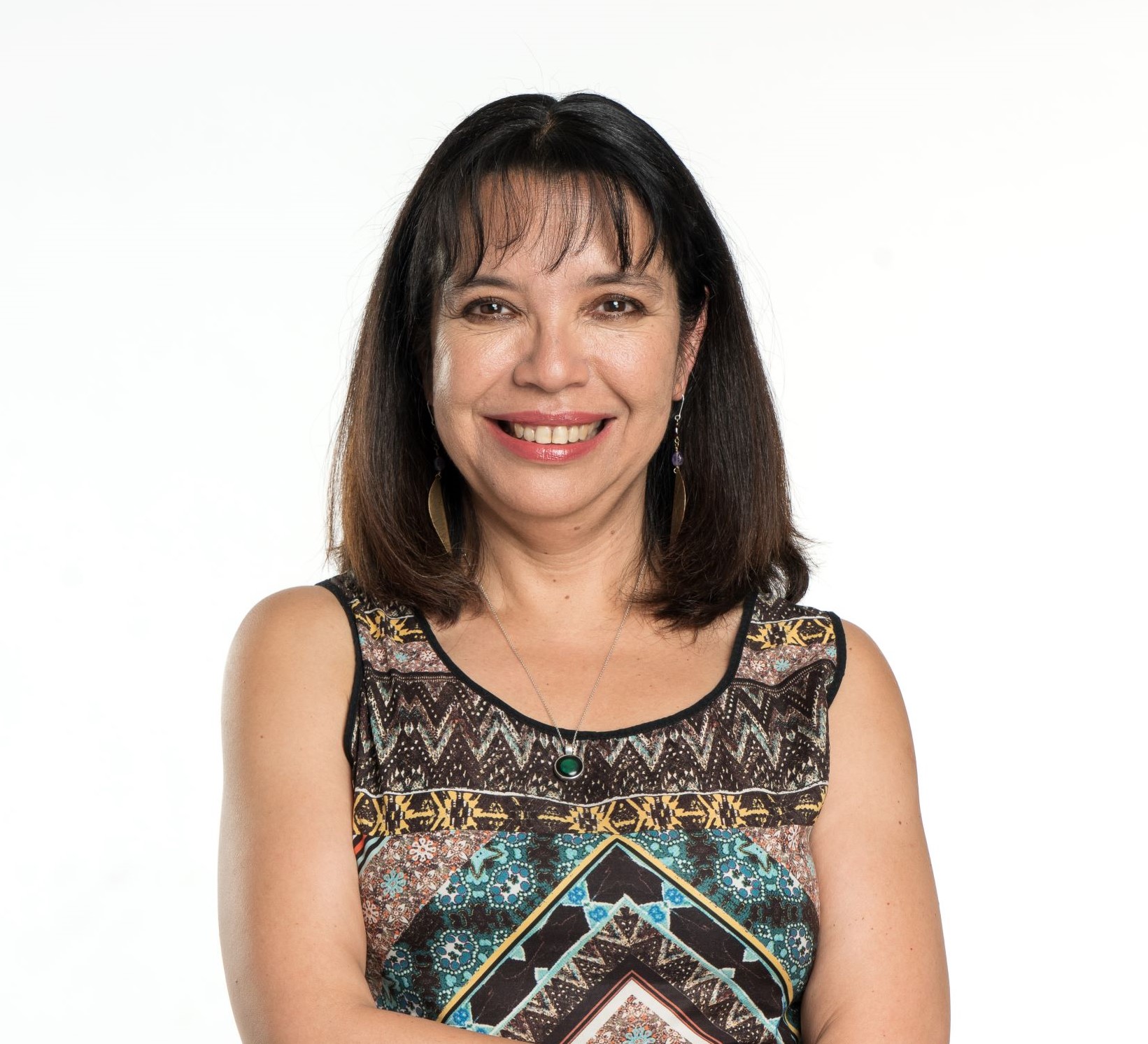
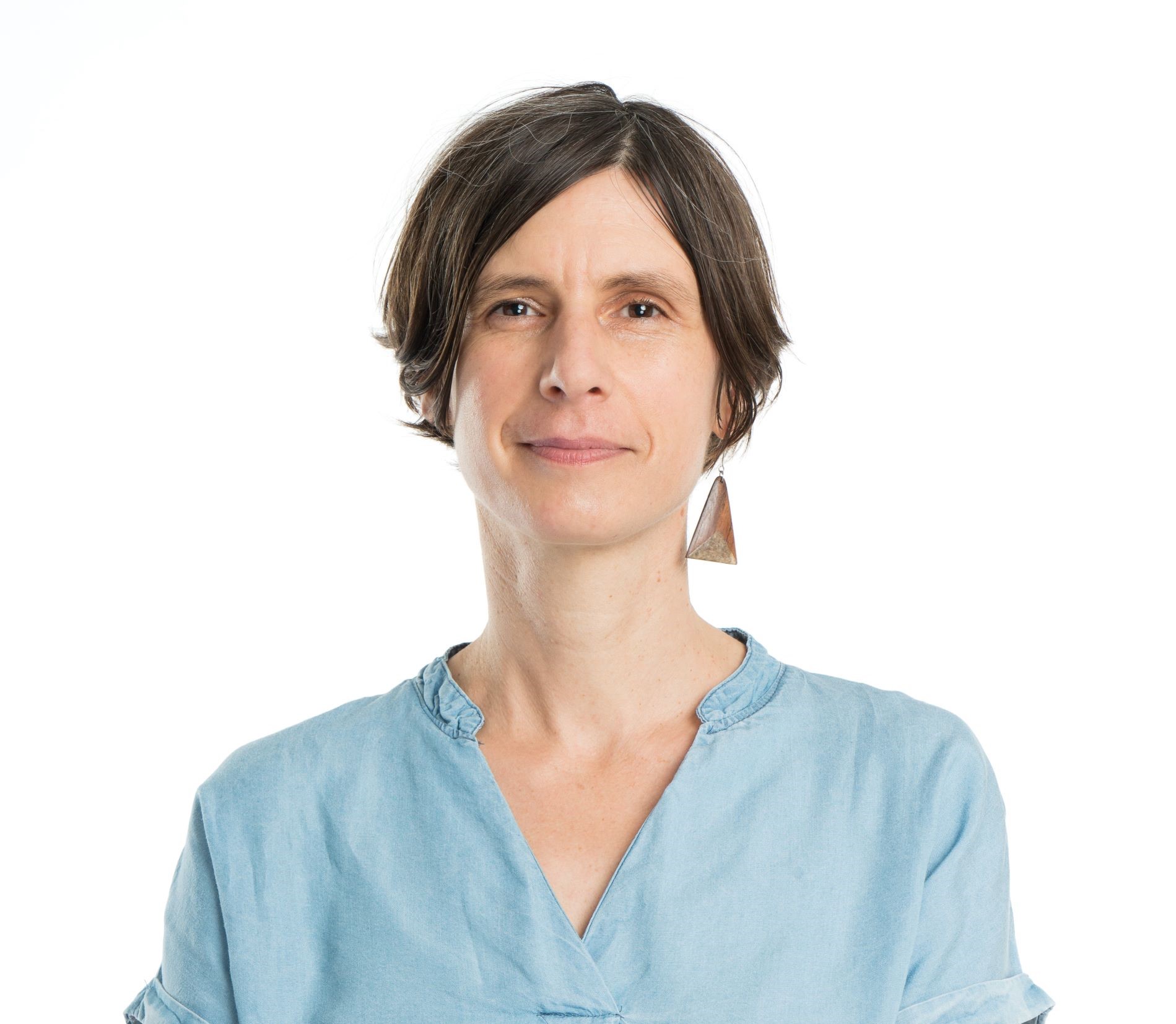
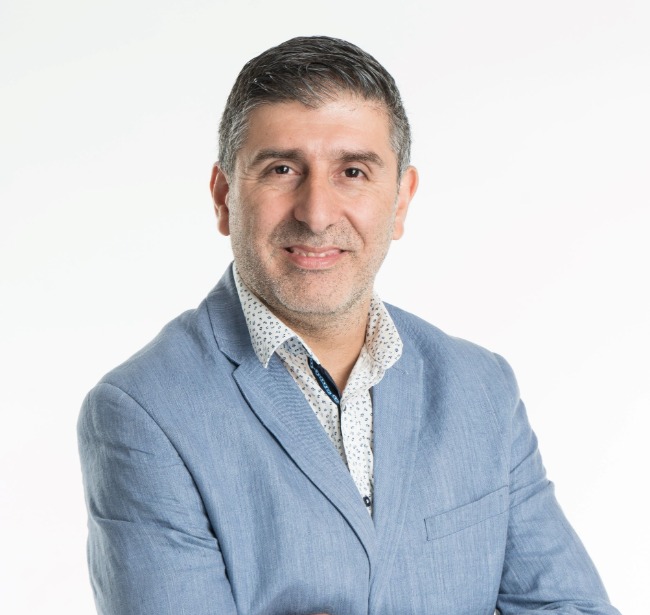
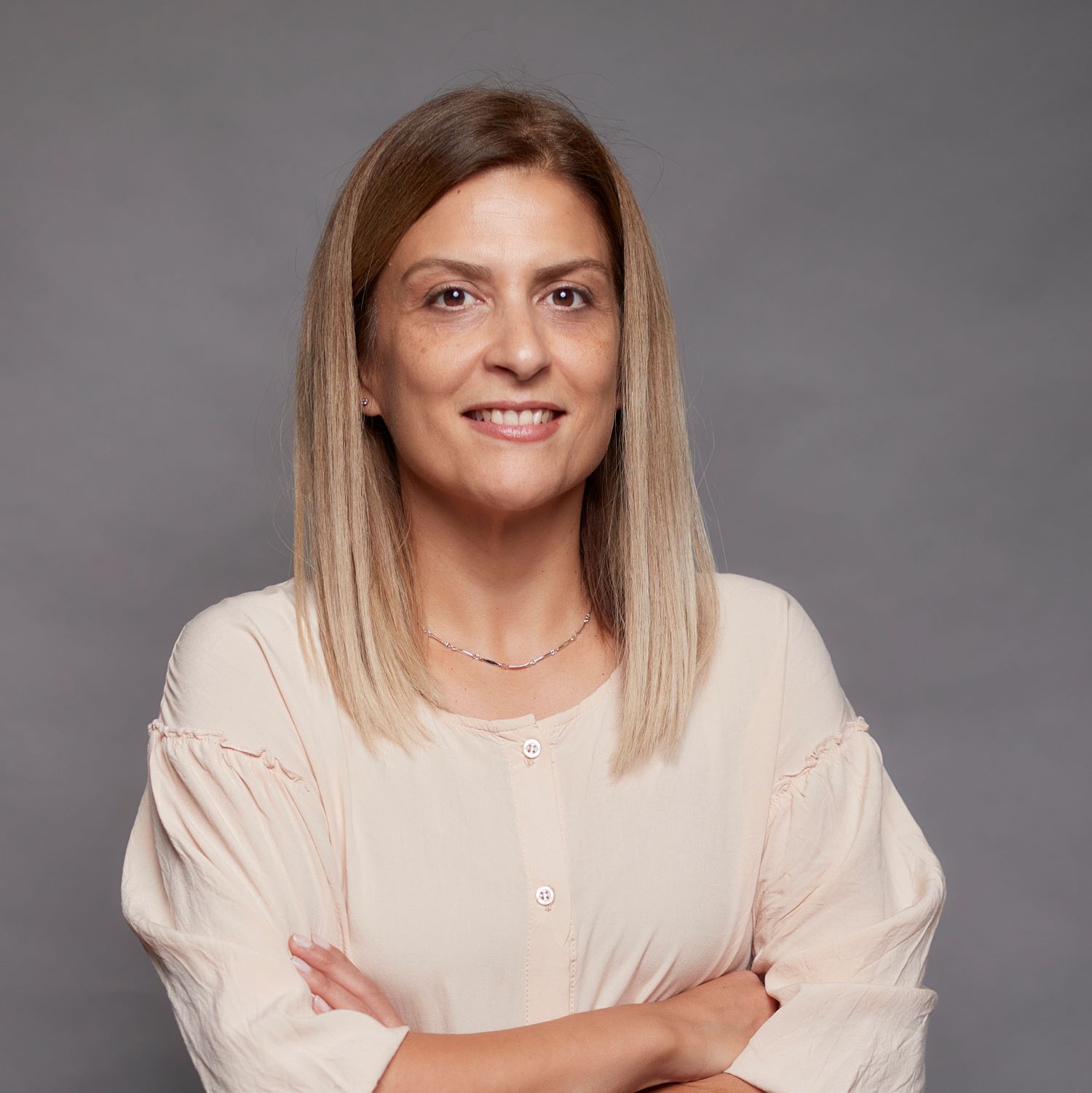
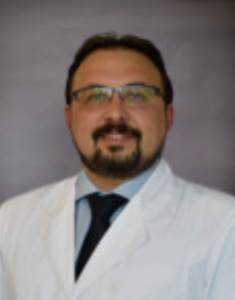
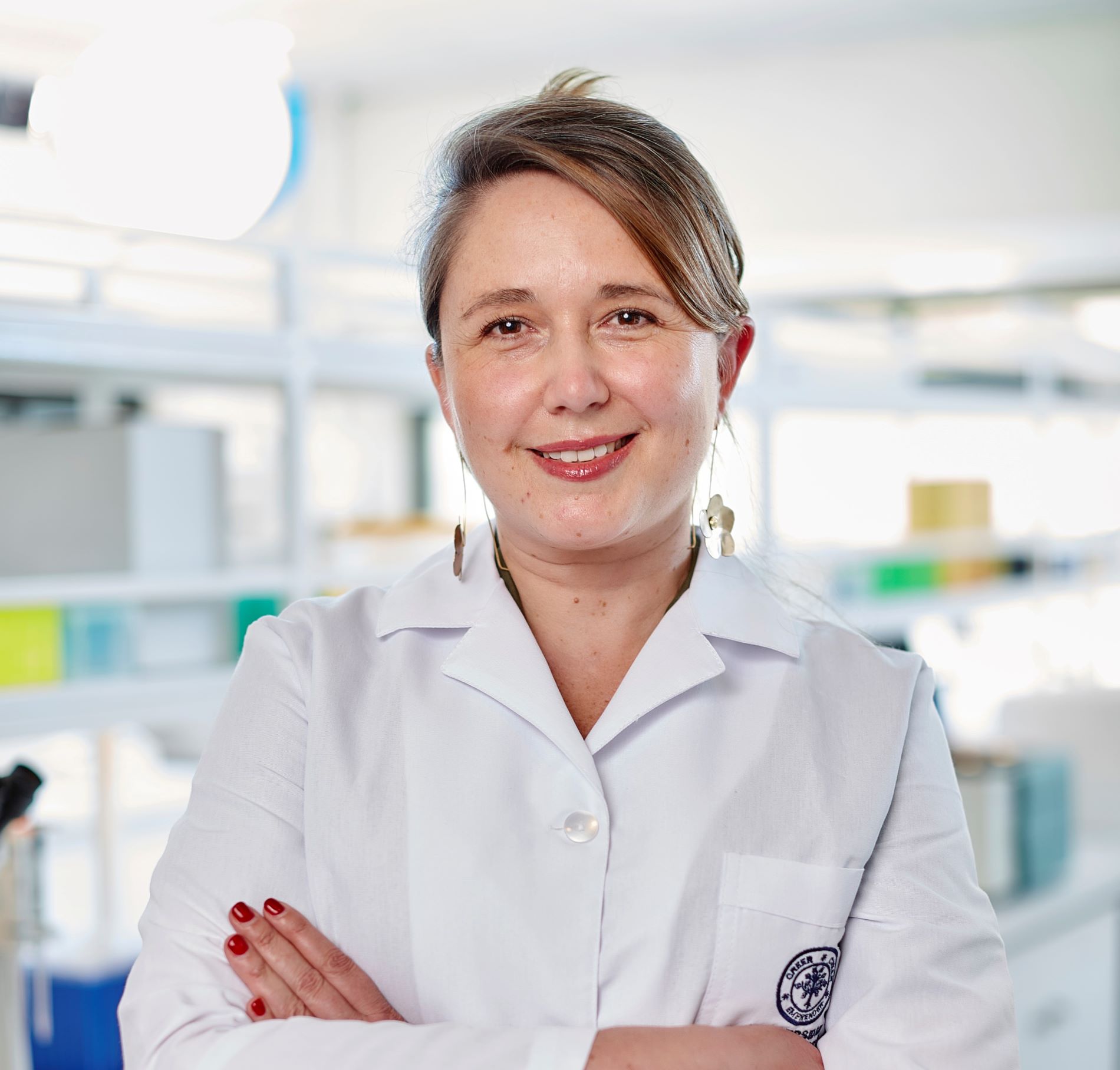
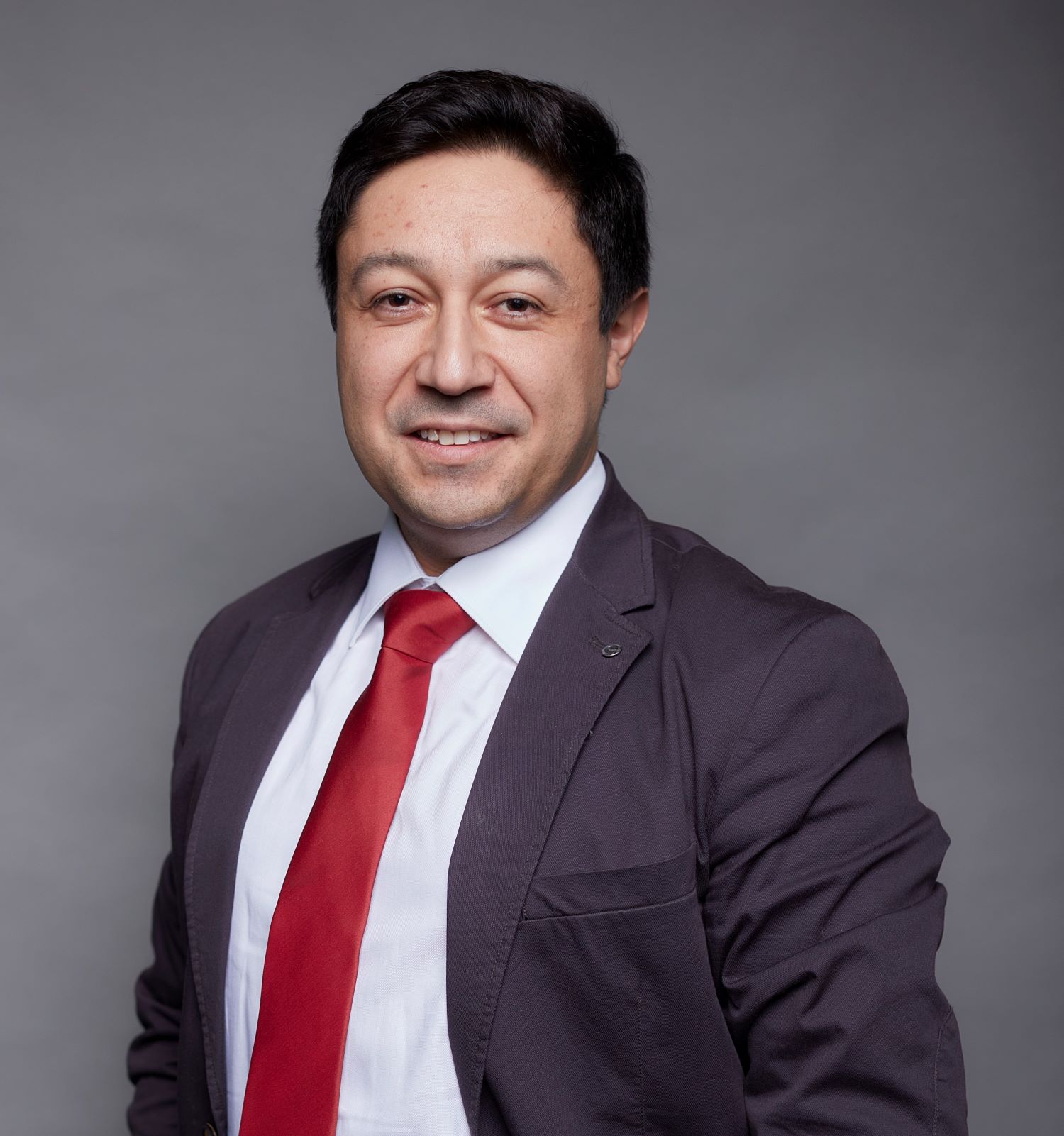
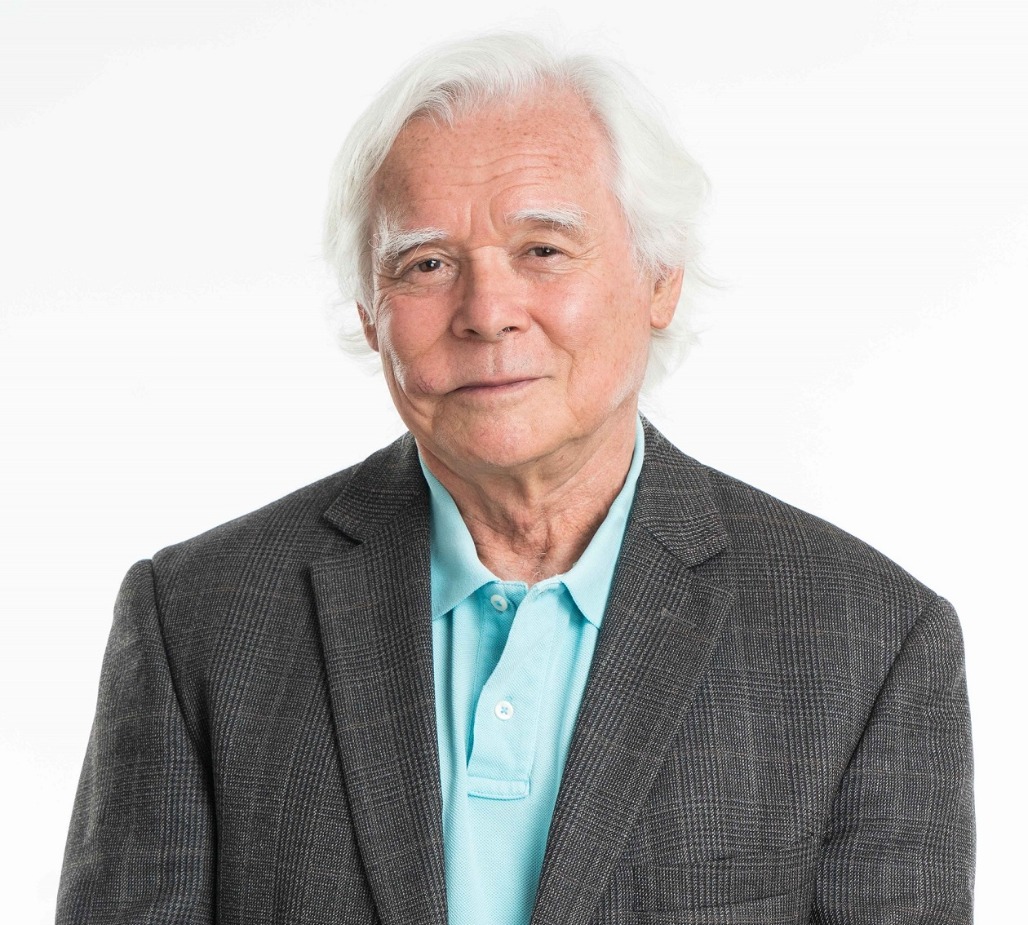
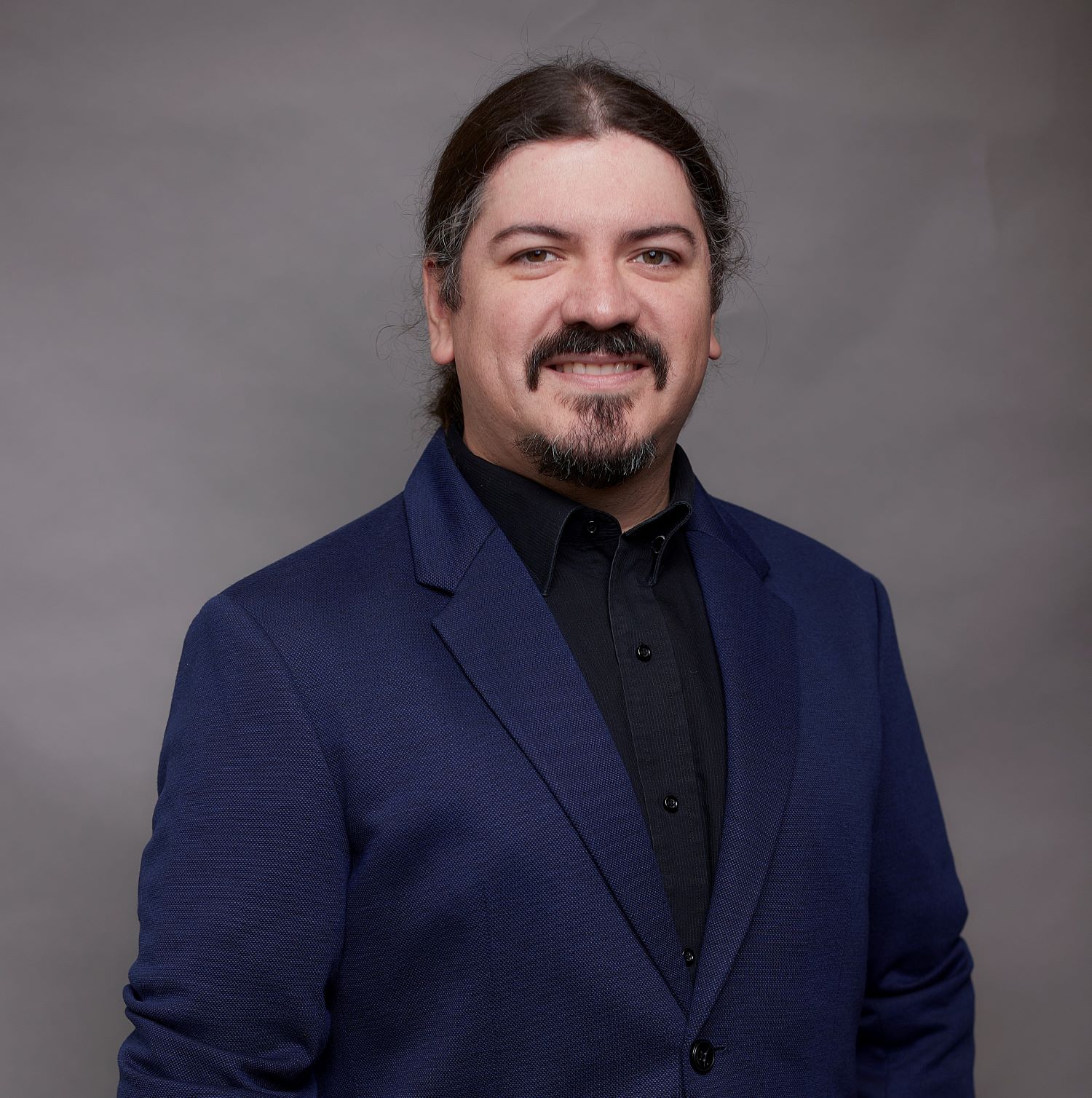
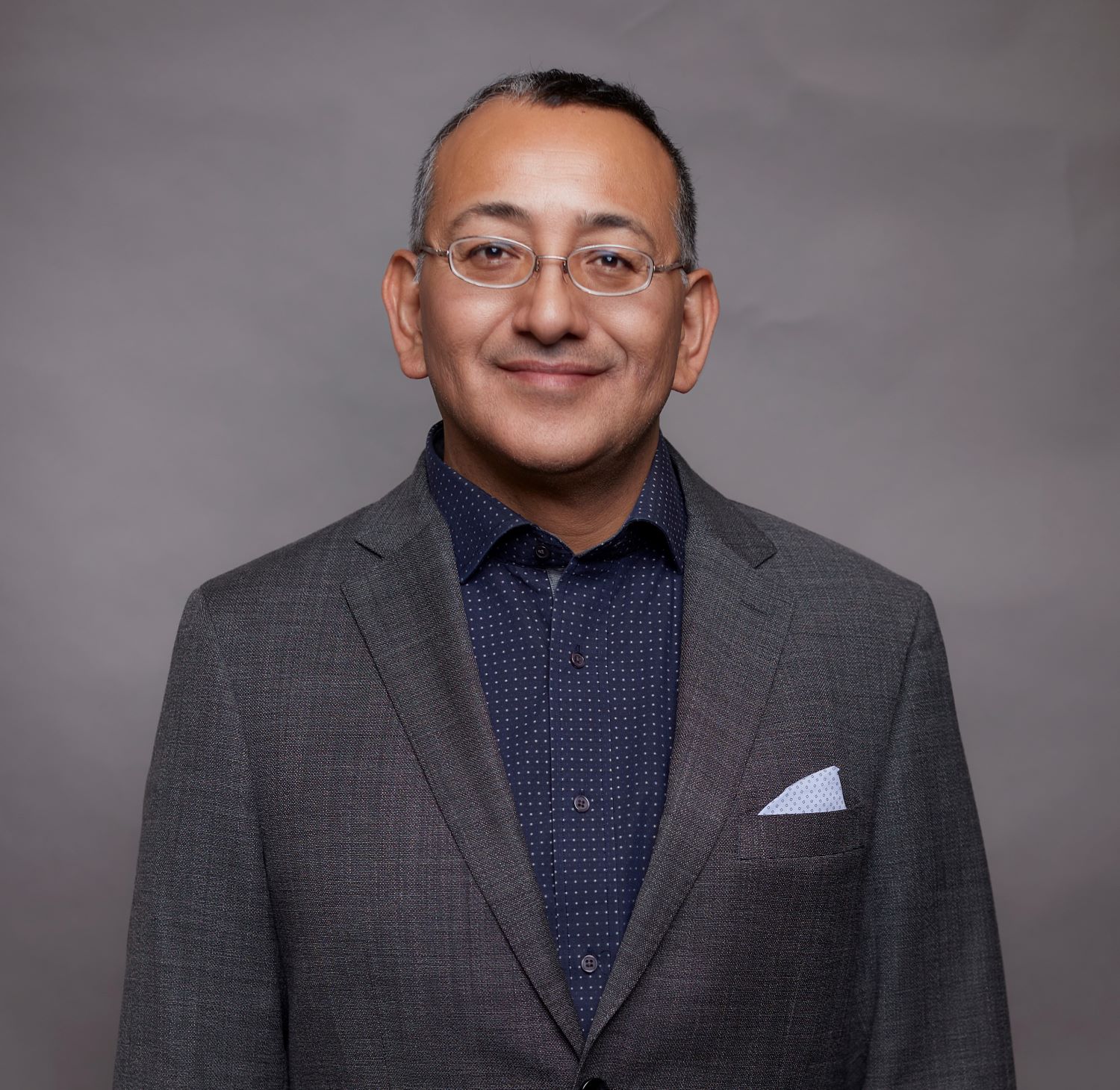
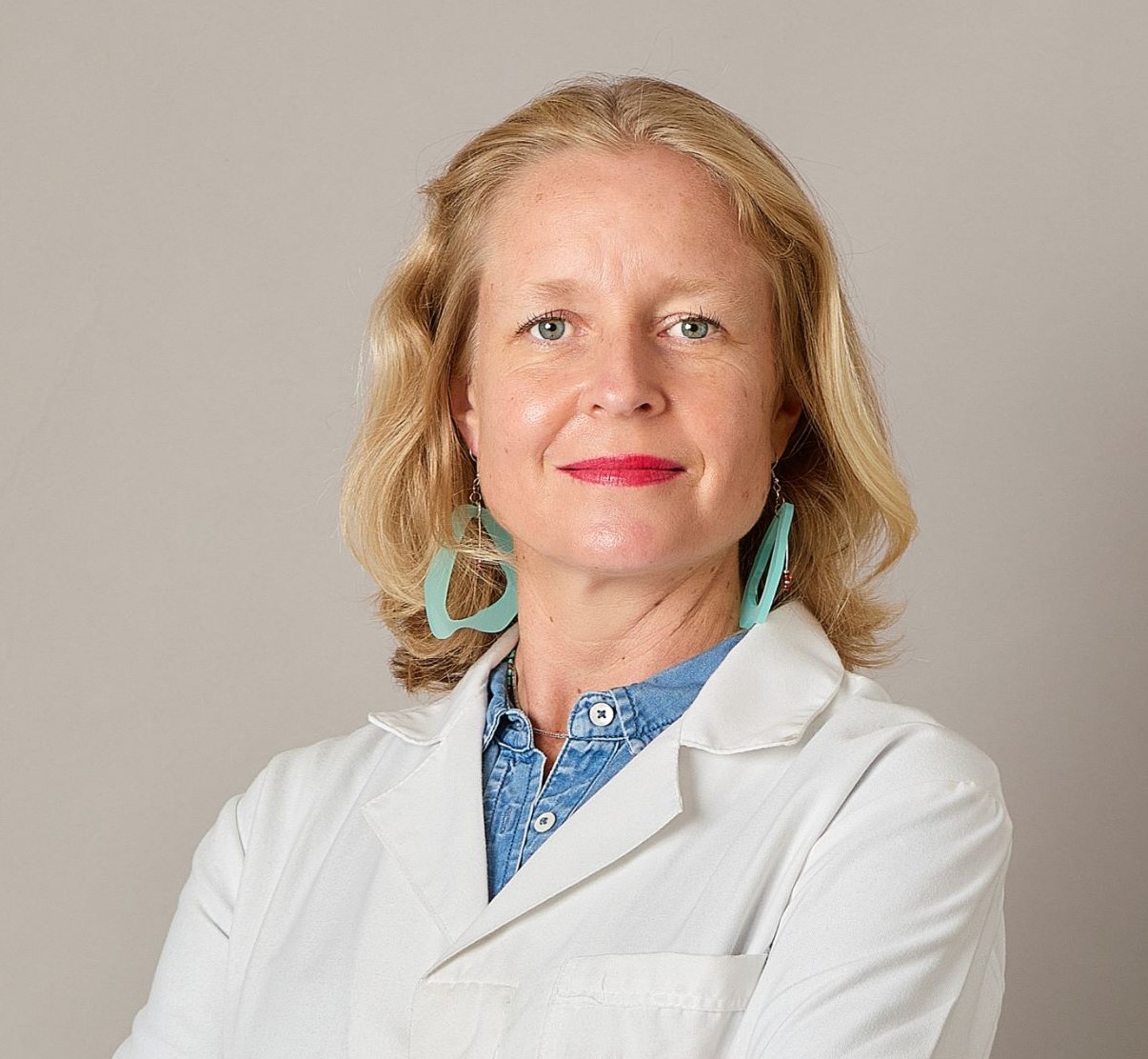
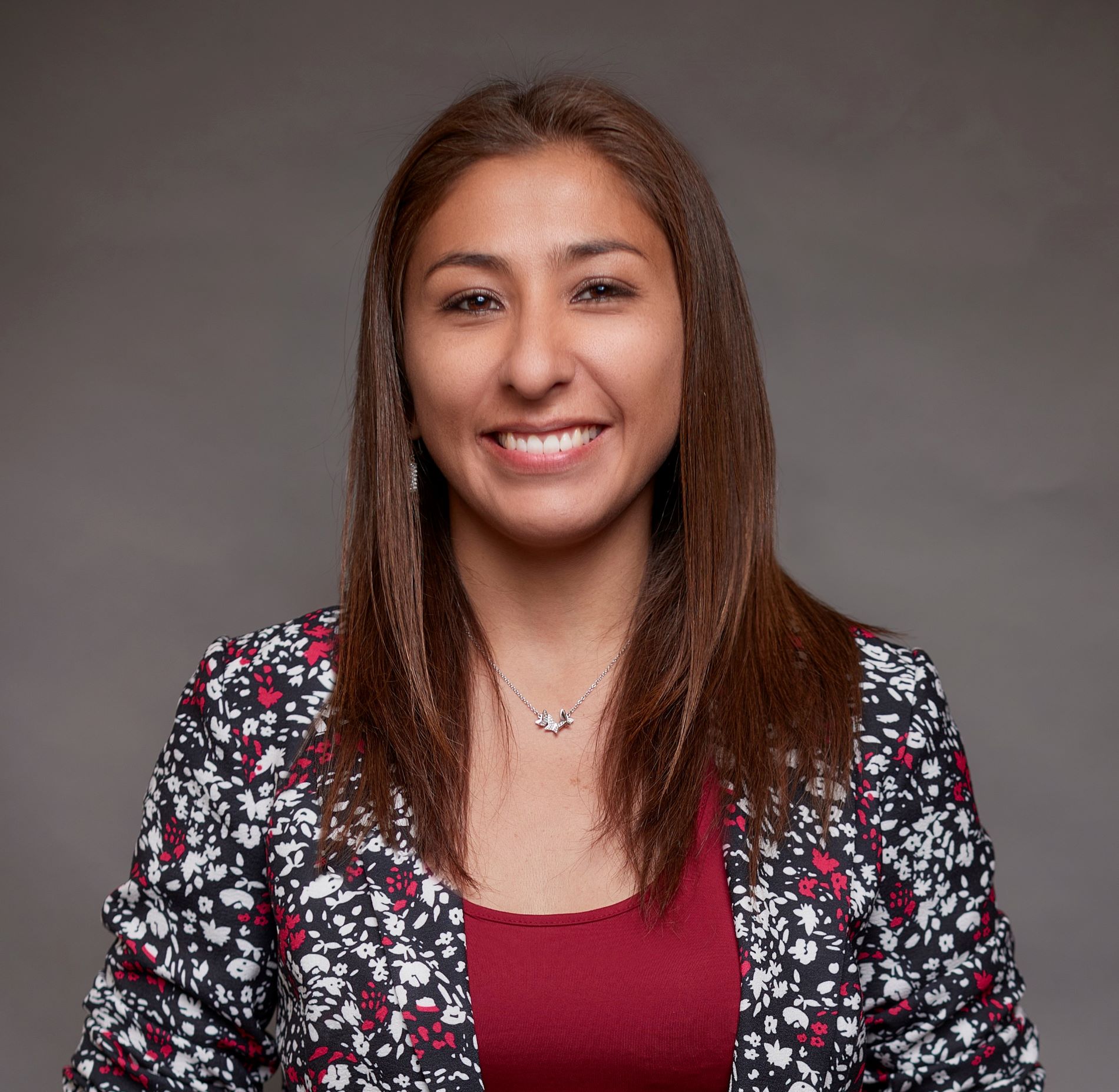
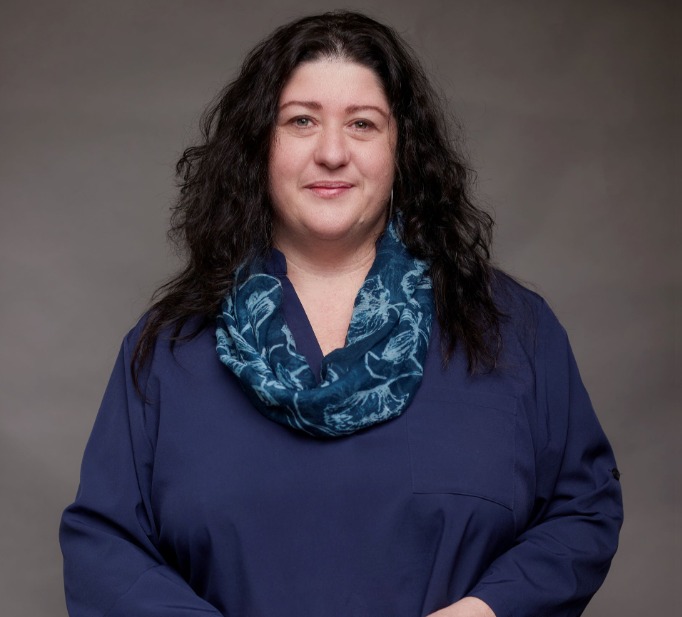
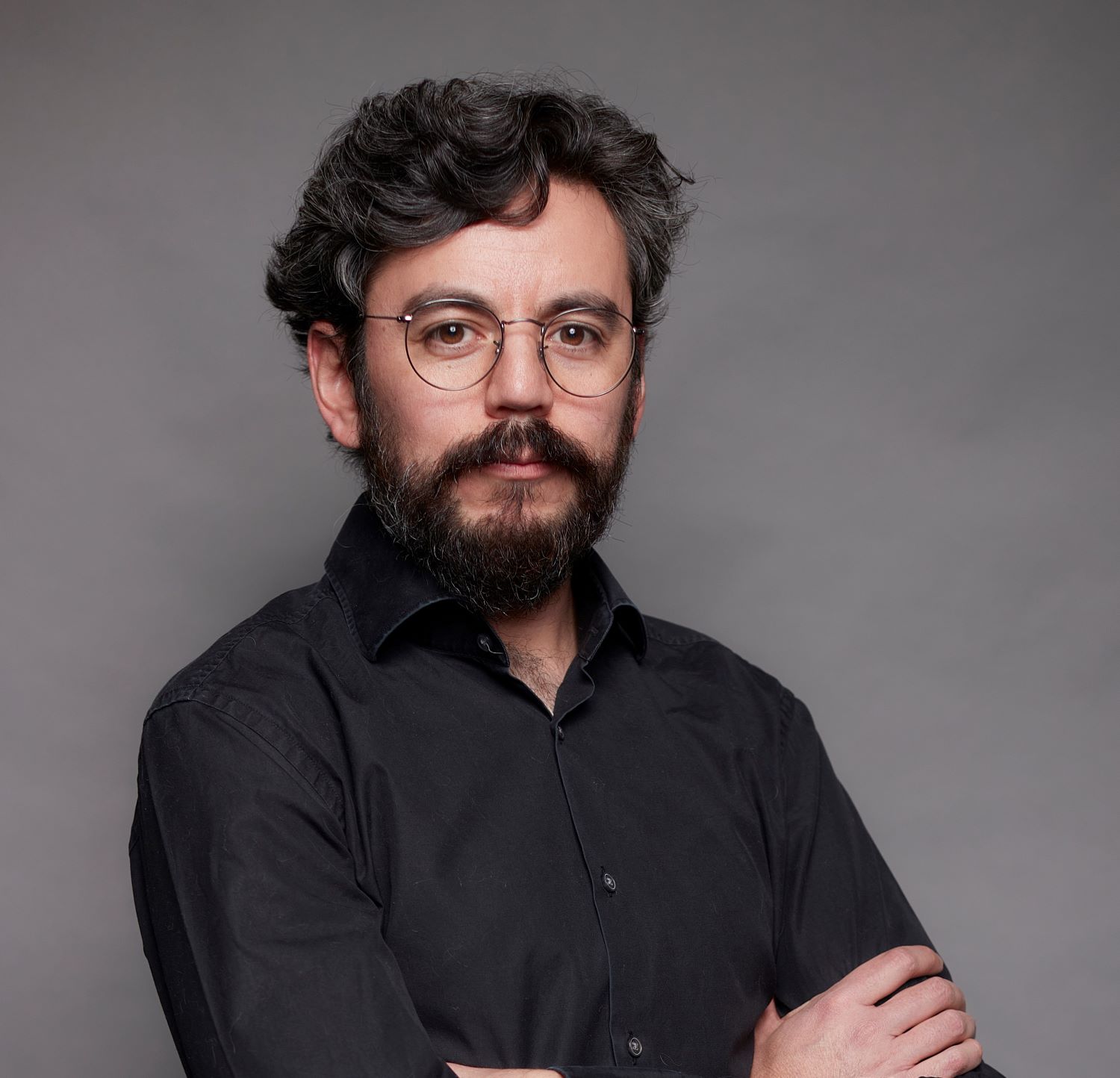
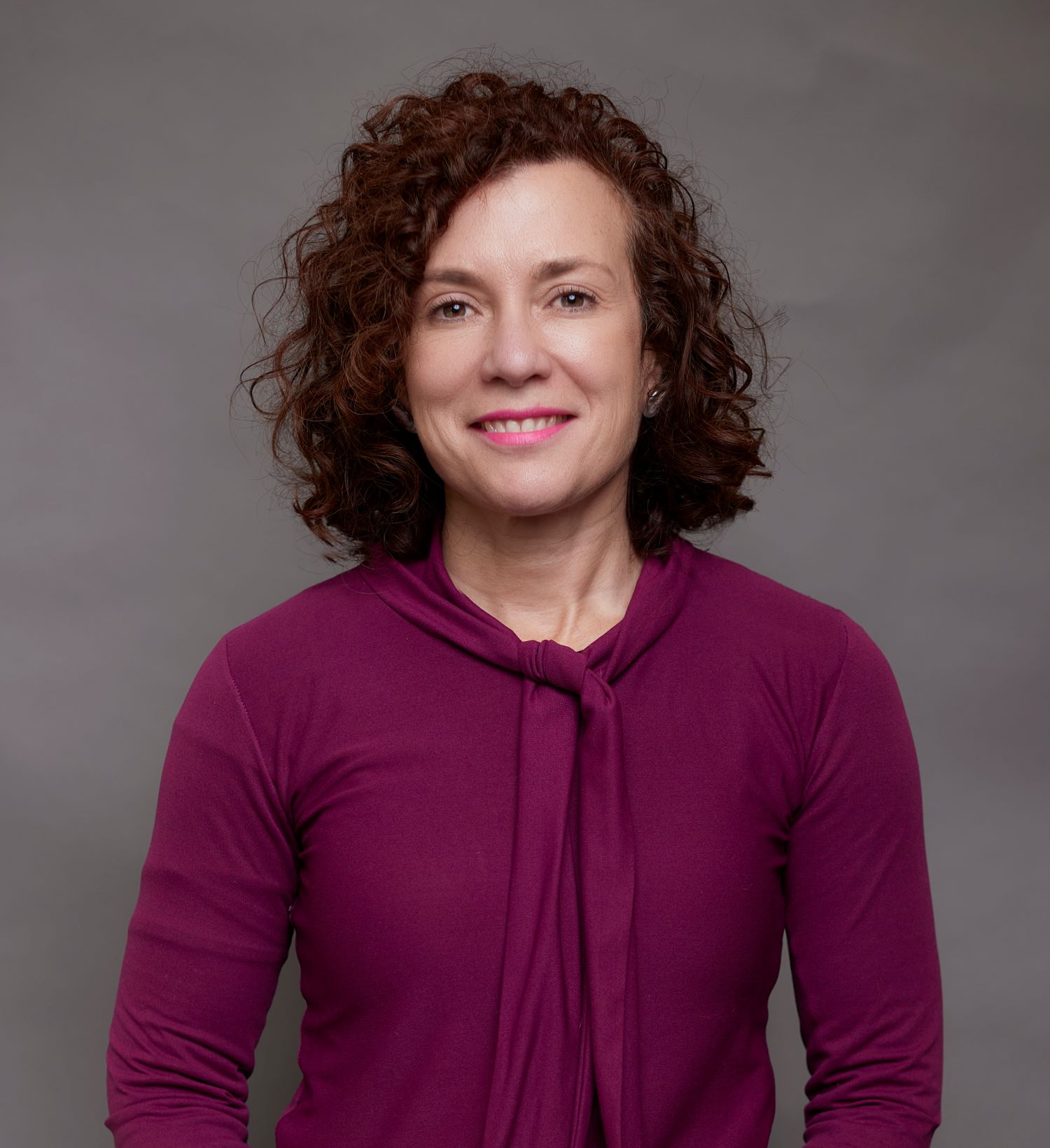

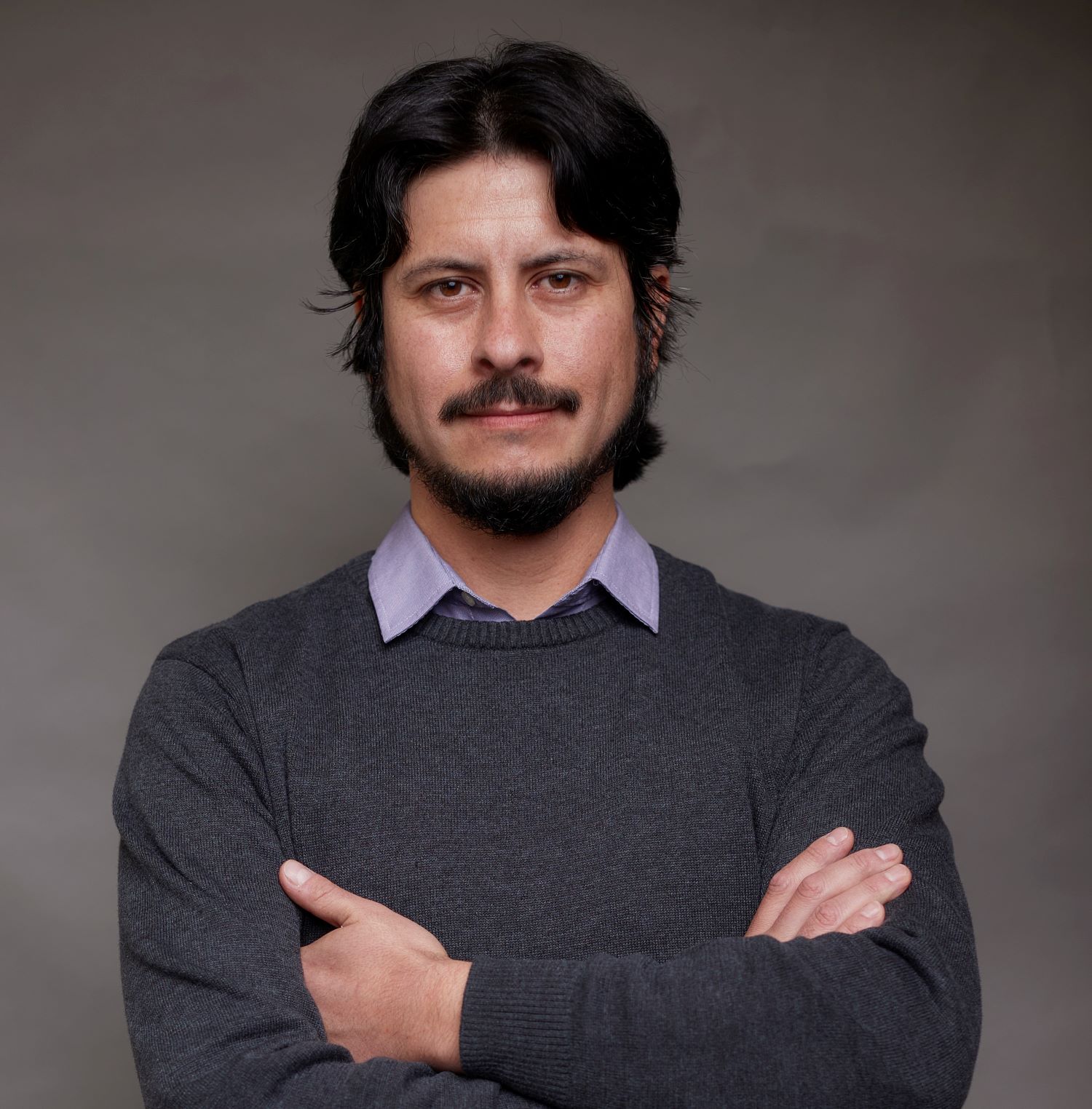
Applicants must send their academic background through the digital platform of the Doctoral Program in Immunology and Microbiology of Universidad San Sabastian.
The documentation must certify the following requirements:
The process for the selection of applicants consists of the evaluation of the applicant’s background, a personal interview and a knowledge test. In the case of applicants who reside outside the country or cannot travel to Santiago, the interview, examination and presentation will be conducted by videoconference.
Referential values 2023
Ask about applying for a tuition scholarship, tuition and maintenance Benefit.